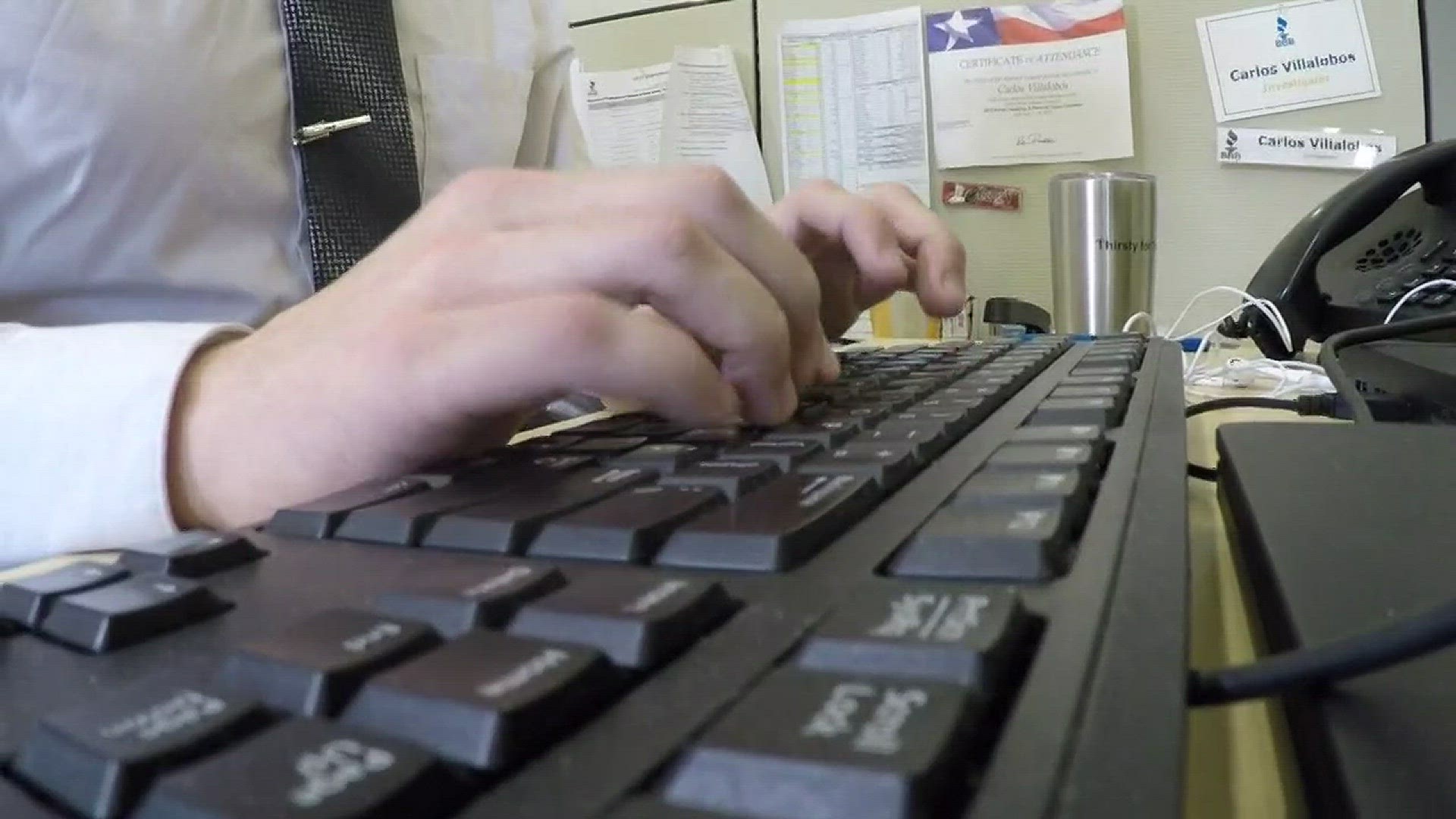The Better Business Bureau says they expect to see more cases of suspected scams targeting Harvey victims.
“This is a very vulnerable time for a lot of different people,” said Erin Dufner, Chief Marketing Officer for BBB Austin.
The BBB keeps a record of their investigations online. Their “scam tracker” takes tips from the public. The investigators pull information about the complaints. If a criminal act is found, the BBB turns over their investigation to law enforcement.
“Whenever there is any kind of disaster relief efforts, BBB does see the scammers come out. This is an opportunity to take advantage of folks,” said Dufner.
There are some simple steps to ensure your donation dollars are in good hands, but it takes a little time and research.
Know the signs of a charity scam:
- The “charity” refuses to provide information about its identity, mission, operating costs and how donations will be used.
- Doesn’t provide proof your donation is tax deductible.
- Uses a name closely resembling that of a known organization.
- Thanks you for a pledge you don’t remember making in the past.
- Asks you for cash or to wire money.
- Offers to send a courier or service to collect the money.
- Offers sweepstakes winnings in exchange for a donation. By law you don’t have to give/pay to be eligible for a “sweepstakes.”
BBB tips for donating to charities:
- Check BBB’s 20 Standards for Charity Accountability and see how the charity you’re considering matches up.
- Be cautious of unfamiliar charities and spam messages that claim to link to a relief organization/effort.
- Find out if the charity has a physical presence in the impacted areas and if its website clearly states what it can or is doing to help.
- Find out if the charity is providing direct aid or raising money for other groups.
- Be cautious of crowdfunding. These sites do little to check out who is organizing fundraising efforts and where the money is actually going. Donors usually don’t have the ability to verify who is behind the effort and what they’re doing with the money.
Mother nature network tips for avoiding disaster donation scams:
- Donate to known and reputable disaster relief agencies.
- Be cautious of donating online and responding to unsolicited emails or clicking on social media posts claiming to link to a relief effort. Online donations are usually best submitted through the organizations own website.
- Again, see if the relief organization has a presence on the ground in impacted areas.
- Make sure the charity will use your donation in a way you’re comfortable with.
- Be aware that any organization has operating costs and it’s highly unlikely any promise that 100% of your donation goes directly toward the cause.
How/where to check out a charity:
- Give.org is a resource set up by the BBB allowing donors to check BBB’s accountability ratings of an organization.
- Charity Navigator is a non-profit with the mission of helping people make good decisions when giving. It has a ratings system based on several factors such as financial accountability and transparency.

